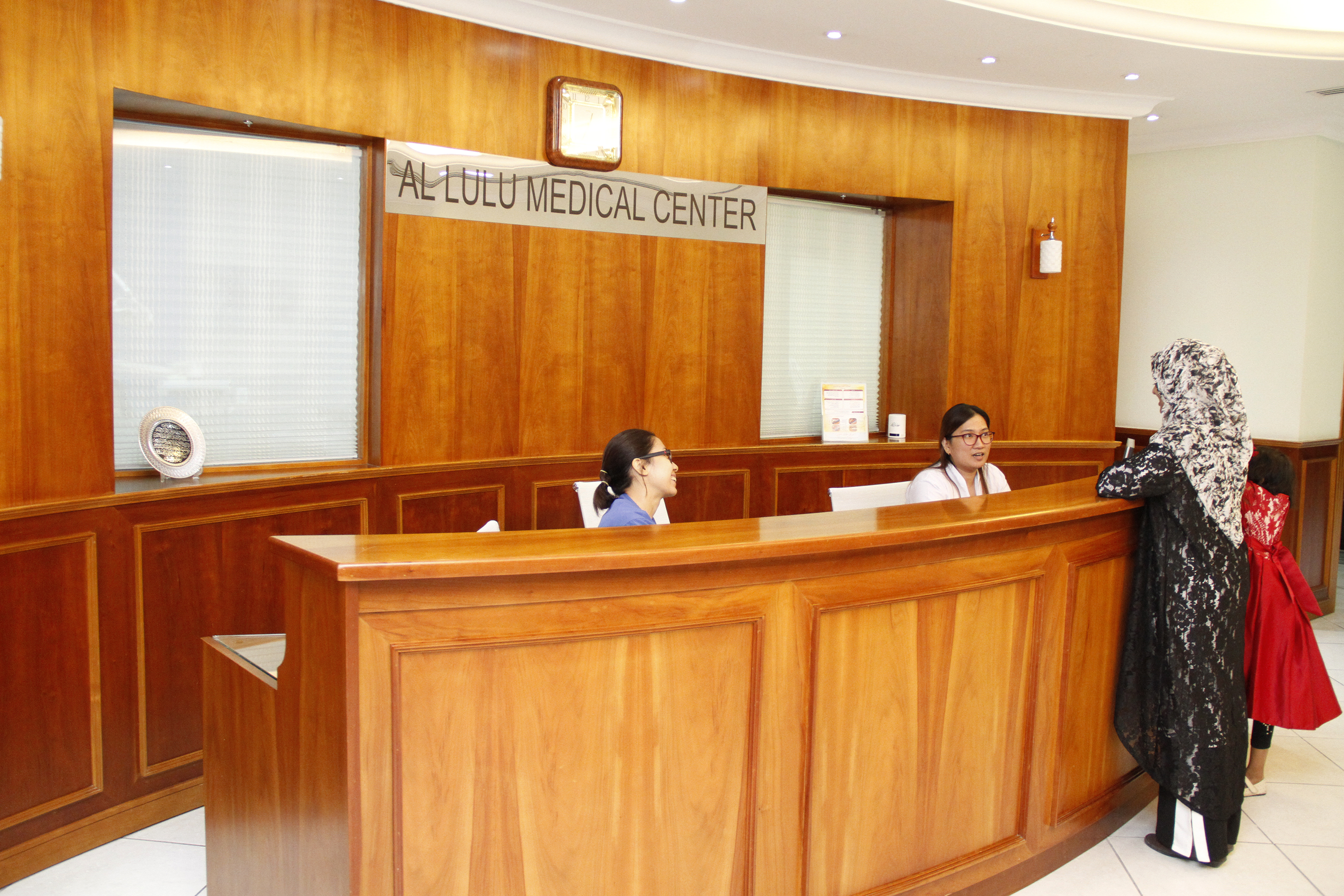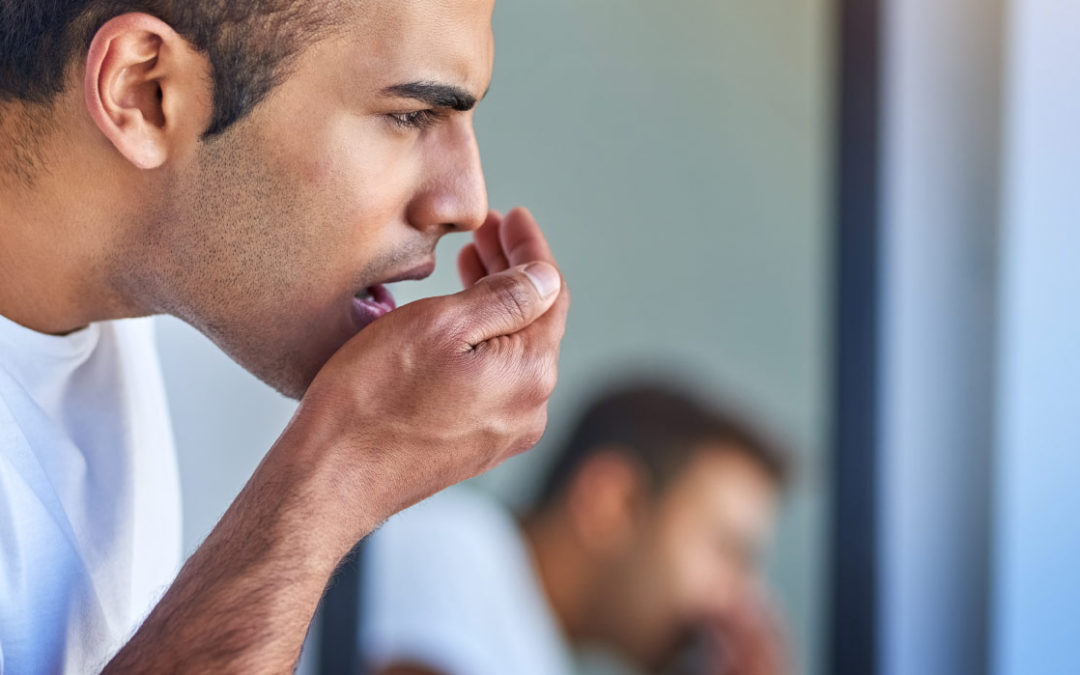
You’d be hard-pressed to find someone who doesn’t look forward to spring, especially in areas that experience frigid, seemingly endless winters. Springtime means warmer weather, longer days, blooming flowers, and summer right around the corner. It also means the advent of allergy season, which plagues more than 50 million Americans. Too often, it also means a last hurrah for cold and flu season. Believe it or not, suffering from the flu and allergies, or even a cold, can leave your teeth worse for the wear. Read on to learn how you can protect your teeth when your health suffers.
1. Hydration is key!
Staying hydrated will not only help to expedite recovery from a cold or the flu, but can also protect your teeth. Many cold and flu medications, as well as nasal congestion that requires you to breathe through your mouth, can lead to dry mouth. Dry mouth indicates low levels of saliva, which serves to rinse away bacteria that causes plaque. Drinking water can help negate the effects of dry mouth, thereby protecting your teeth.
2. When in doubt, throw it out.
According to the American Dental Association, you probably don’t need to replace your toothbrush after being sick, as the chances of reinfecting yourself are quite low. However, there is a slight chance that your toothbrush can harbor bacteria that can make you sick again. When in doubt, throw it out. (Consider this – toothbrushes should be replaced every 3-4 months, so you’re probably due for a new one anyway.)
3. Choose sugar-free medication. (Sucking on cough drops is akin to sucking on candy!)
Cough drops and cough syrup are typically packed with sugar to make them more palatable. However, added sugar can cause tooth decay, which leads to cavities. Look for sugar-free medicines or medicines sweetened with sugar alternatives like xylitol or sucralose. If you can’t find alternatives, brush your teeth (or at least rinse well) after you take the medicine.
4. Don’t ignore a toothache.
A sinus infection can cause mouth discomfort. The largest sinus cavity in your face sits above your upper jaw, and when it fills with fluid, it can push against the roots of your teeth. How can you differentiate a sinus infection toothache from a regular toothache? When you have a sinus infection, the pain isn’t limited to one tooth – you’ll most likely experience a “teeth ache.” To relieve pressure on your teeth, try over-the-counter medication to treat the sinus infection. If this doesn’t work, visit a doctor who can prescribe antibiotics.
5. In general, maintain good oral hygiene (even when you don’t feel like it).
When you’re sick or suffering from allergies, it’s especially important to maintain good oral hygiene. Commit to brushing and flossing your teeth twice per day for two minutes each. Doing so will not only protect your smile at a time when it’s especially vulnerable, but will also make you feel better!
Sources:
Centers for Disease Control and Prevention
Delta Dental
American Dental Association



